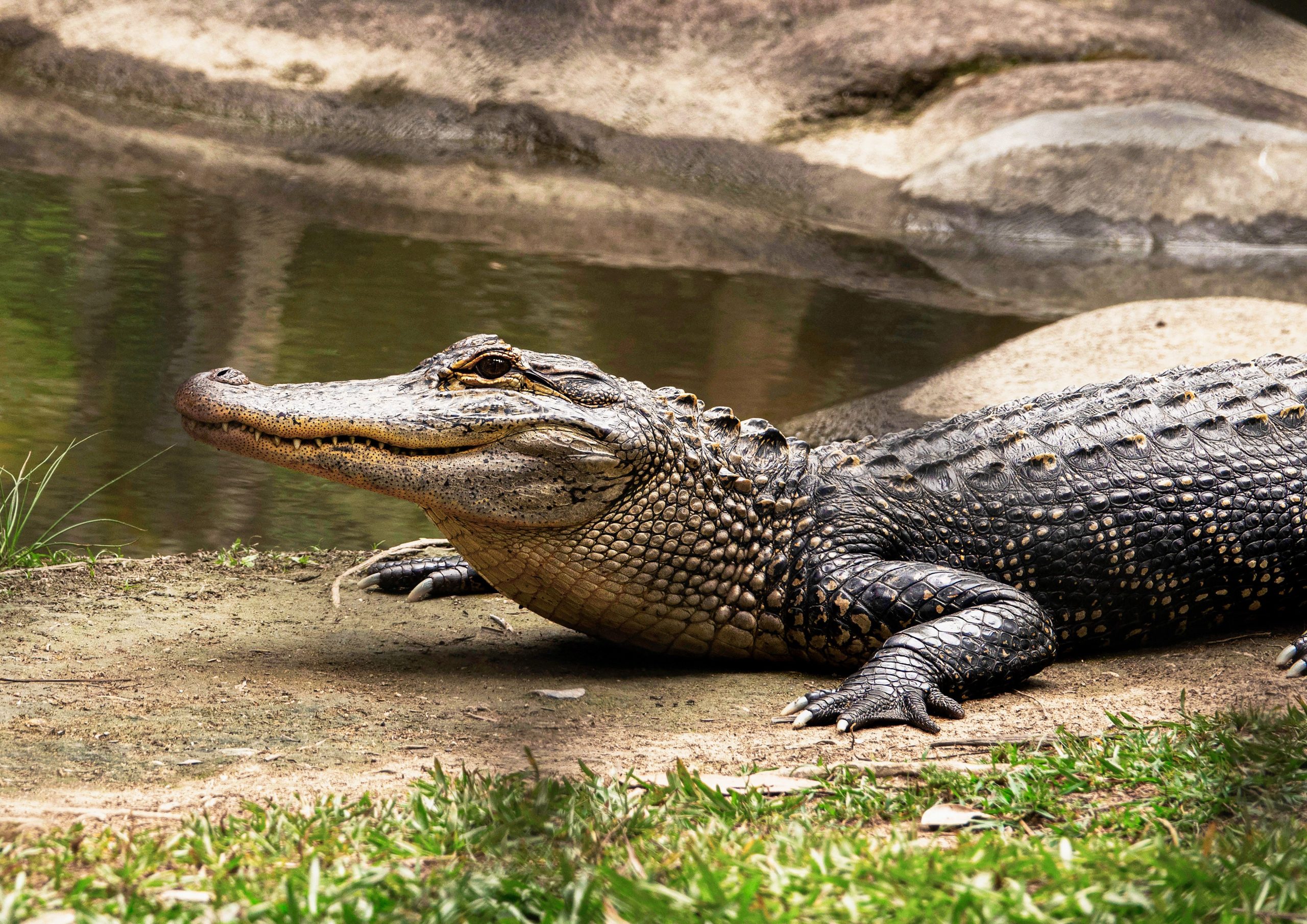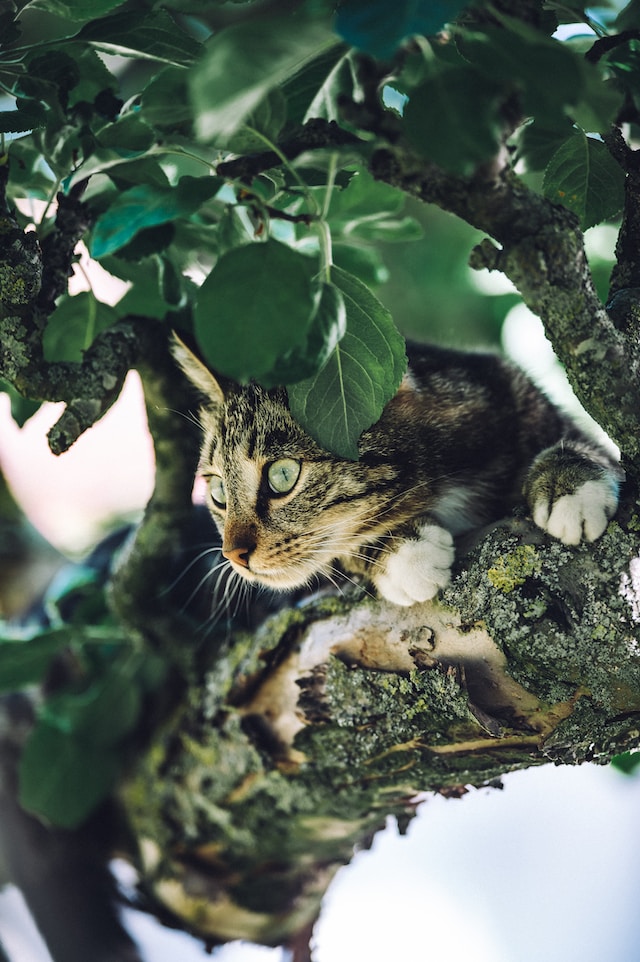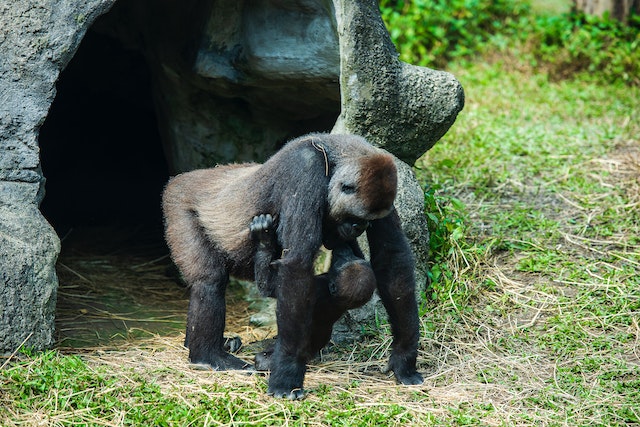Crocodiles are among the oldest and most feared creatures on Earth. With their formidable size, powerful jaws, and prehistoric appearance, they have captured the human imagination for centuries. But what do we really know about these ancient reptiles? What secrets lie beneath their scaly exteriors? In this article, we will delve into the fascinating world of crocodiles, exploring their survival strategies, behavior, and ecological importance. From their evolutionary history to their role in modern ecosystems, we will uncover the hidden truths about these enigmatic creatures.
Unveiling the Evolutionary History: Crocodiles are living fossils that have been around for over 200 million years. They belong to the reptilian order Crocodilian, which also includes alligators, caimans, and gharials. Crocodiles have gone through remarkable evolutionary adaptations, allowing them to survive in diverse habitats around the world, from swamps and rivers to estuaries and even the open ocean. Their unique anatomy, specialized senses, and sophisticated hunting techniques have made them formidable predators and successful survivors in changing environments.
Cracking the Code of Crocodile Behavior: Crocodiles are not just mindless killing machines. They exhibit complex behavior and social interactions that are still being unraveled by scientists. Recent research has shed light on their nesting behavior, communication, parental care, and social hierarchies. For example, crocodiles are known to be caring parents, fiercely protecting their nests and young. They also use vocalizations, body language, and chemical cues to communicate with each other. Understanding their behavior and social dynamics is crucial for conserving their populations and managing their habitats.
Ecological Importance of Crocodiles: Crocodiles play a vital role in their ecosystems. As top predators, they help regulate prey populations and maintain ecological balance. They also shape habitat structure, creating nesting sites for other species and influencing water flow dynamics. In addition, crocodile populations can serve as indicators of ecosystem health, as their presence or absence can reflect the overall condition of wetland habitats. Protecting crocodile populations and their habitats is not only important for their survival but also for the health and functioning of entire ecosystems.
Conservation Challenges and Successes: Despite their survival strategies and ecological importance, crocodiles face numerous threats, including habitat loss, pollution, climate change, illegal hunting, and conflict with humans. Conservation efforts are critical to ensure their survival for future generations. Fortunately, there have been successes in crocodile conservation, with some species making a remarkable recovery from the brink of extinction. Conservation organizations, local communities, and governments play a crucial role in protecting crocodile populations and their habitats through research, education, and policy interventions.
Conclusion: Crocodiles are mysterious creatures with a fascinating evolutionary history, complex behavior, and ecological significance. Understanding their world is key to their conservation and coexistence with humans. From their survival strategies to their role in ecosystems, crocodiles are true survivors of the scaly world. By shedding light on their secrets, we can appreciate their importance and work towards their protection for generations to come.










